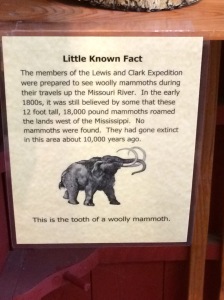A friend recommended that I read Diana Nyad's Find a Way memoir about her historic swim from Cuba to Florida. I am so glad that I took her advice, and would suggest the book to anyone who needs a dose of inspiration.
Nyad made the attempt five times, first while she was in her thirties, and then ultimately succeeding when she was 64. She swam 110.86 miles, for 52 hours, 54 minutes, 18 seconds straight -- never touching another object during that time. Her Handlers threw pasta off the boat into her mouth or tossed her bananas for food. I could not stay awake for 53 hours straight, let alone spend that time swimming in the ocean.
But the true story of Diana Nyad is not her swimming accomplishments, rather the grit it took to make them possible. One attempt was thwarted by venomous jellyfish stings so she found the world's expert who invented a waterproof goo as an antidote. She could not see in the dark and expended energy swimming off course, so her team created an underwater LED streamer to serve as her guide. She worked with a dentist and a prosthetics specialist to create a silicone mask -- with separate molds for nostrils, eyes and retainer molds for mouthpieces to keep jellyfish at bay. They modified the escort boat; Diana changed her stroke to lesson the friction and made countless other innovations to prepare for the journey.
Diana Nyad was the first and only swimmer to make this dangerous trek -- and accomplish a dream she had throughout her life. There were thousands of reasons why she could have given up (as did the other two who tried it), but she always went back to her mantra of "find a way." If you are feeling like throwing in the towel, pick up this book and see a model of persistence and resolve. Your problems are equivalent to the kiddy pool compared to what Diana overcame.
Find a Way by Diana Nyad, 2015.
Thanks Chris for the recommendation.




